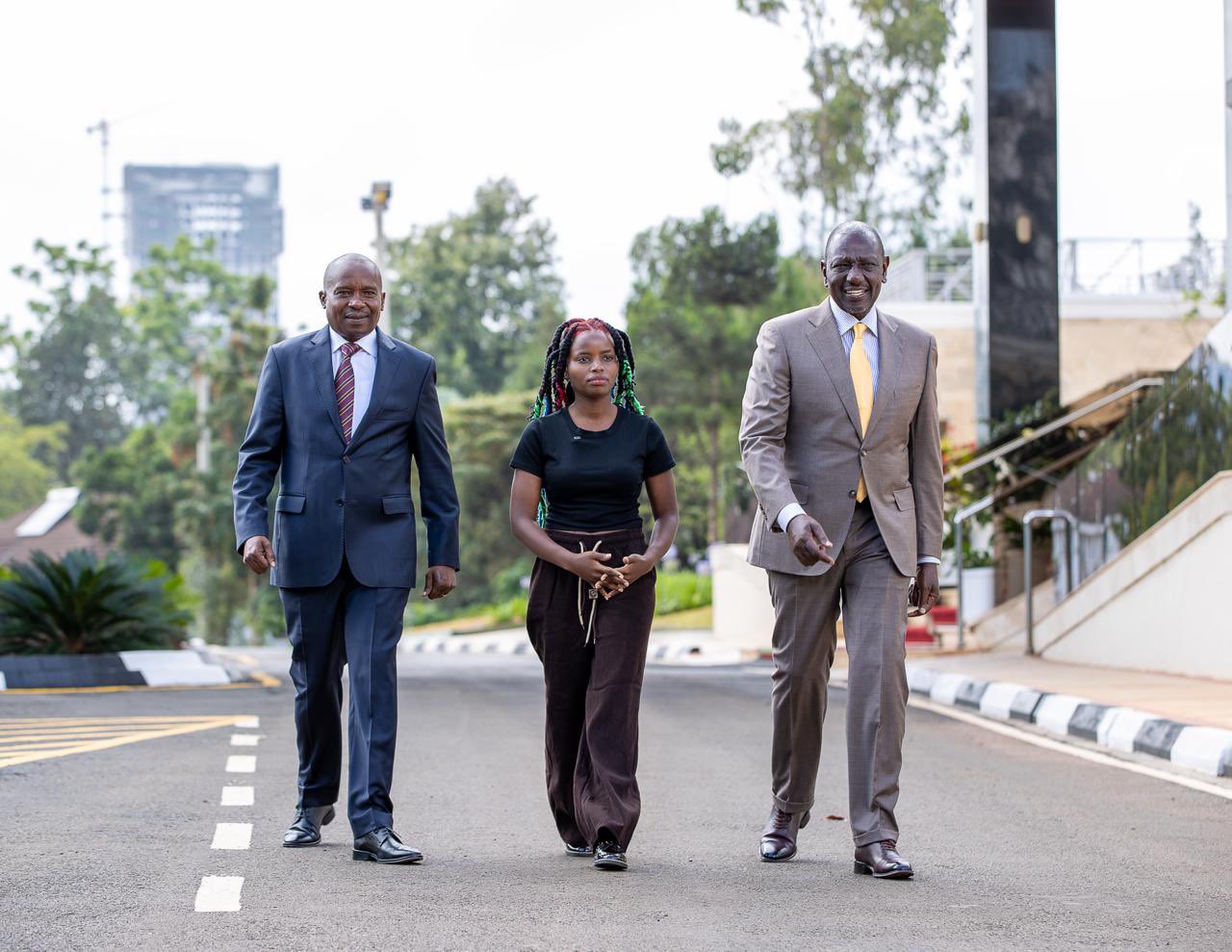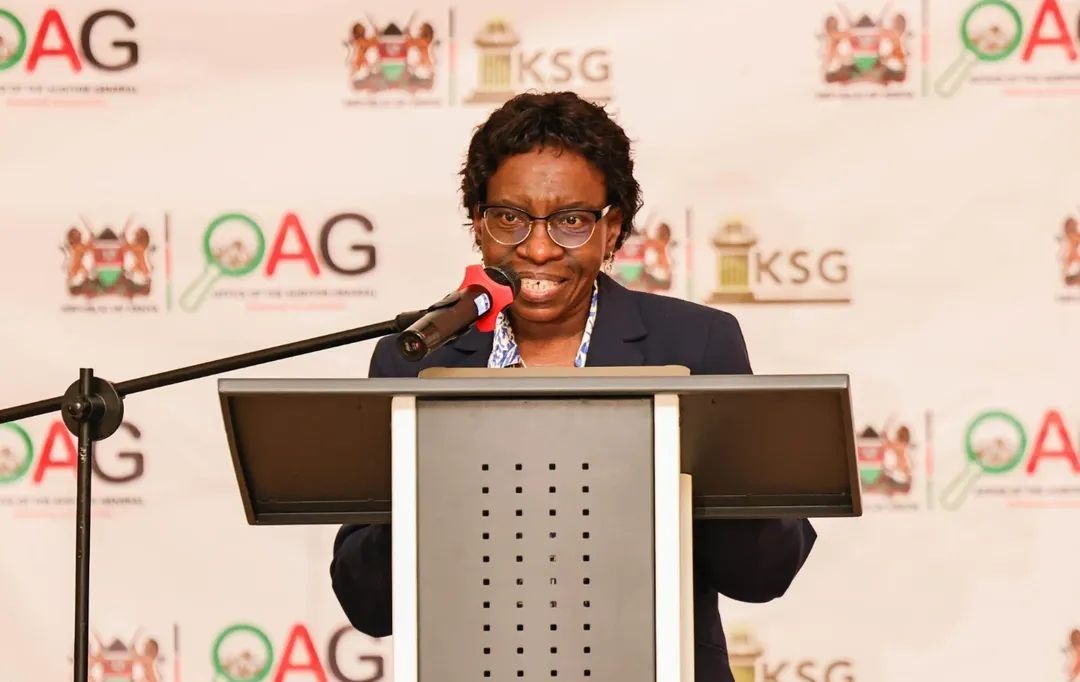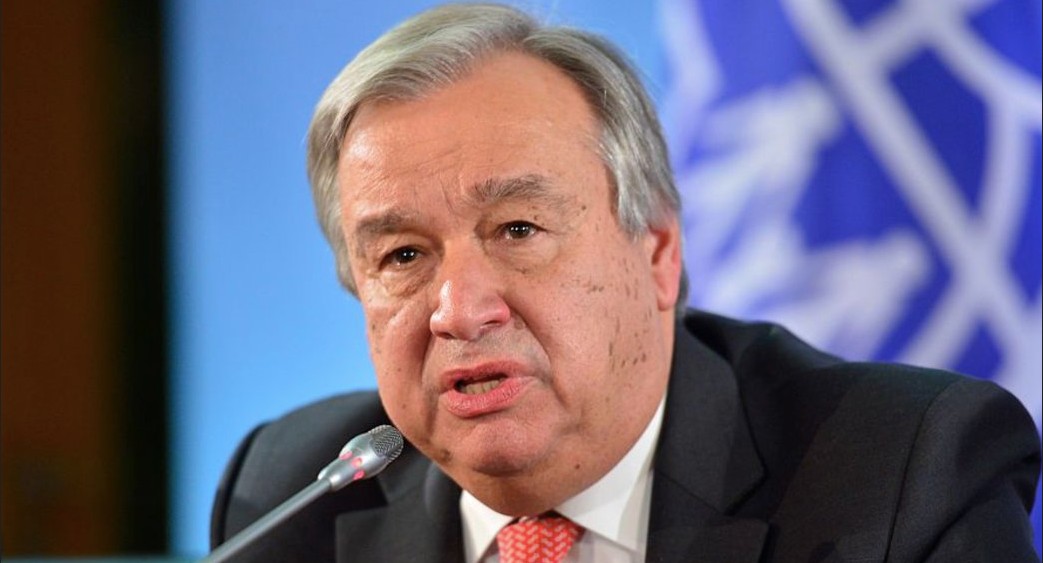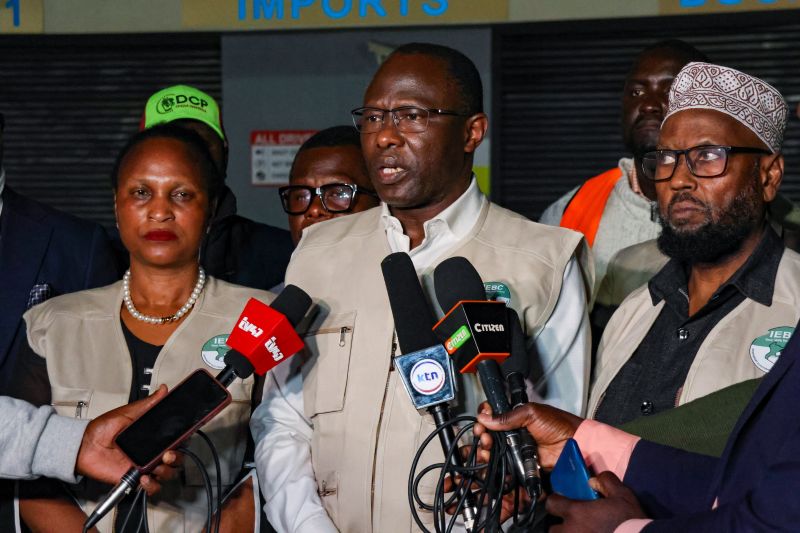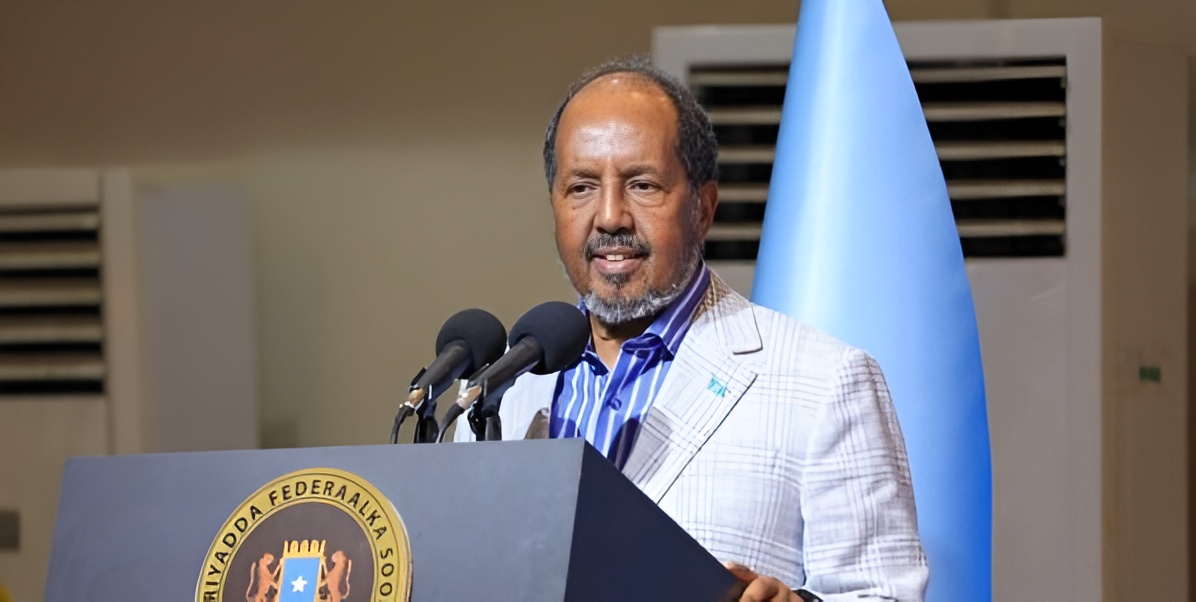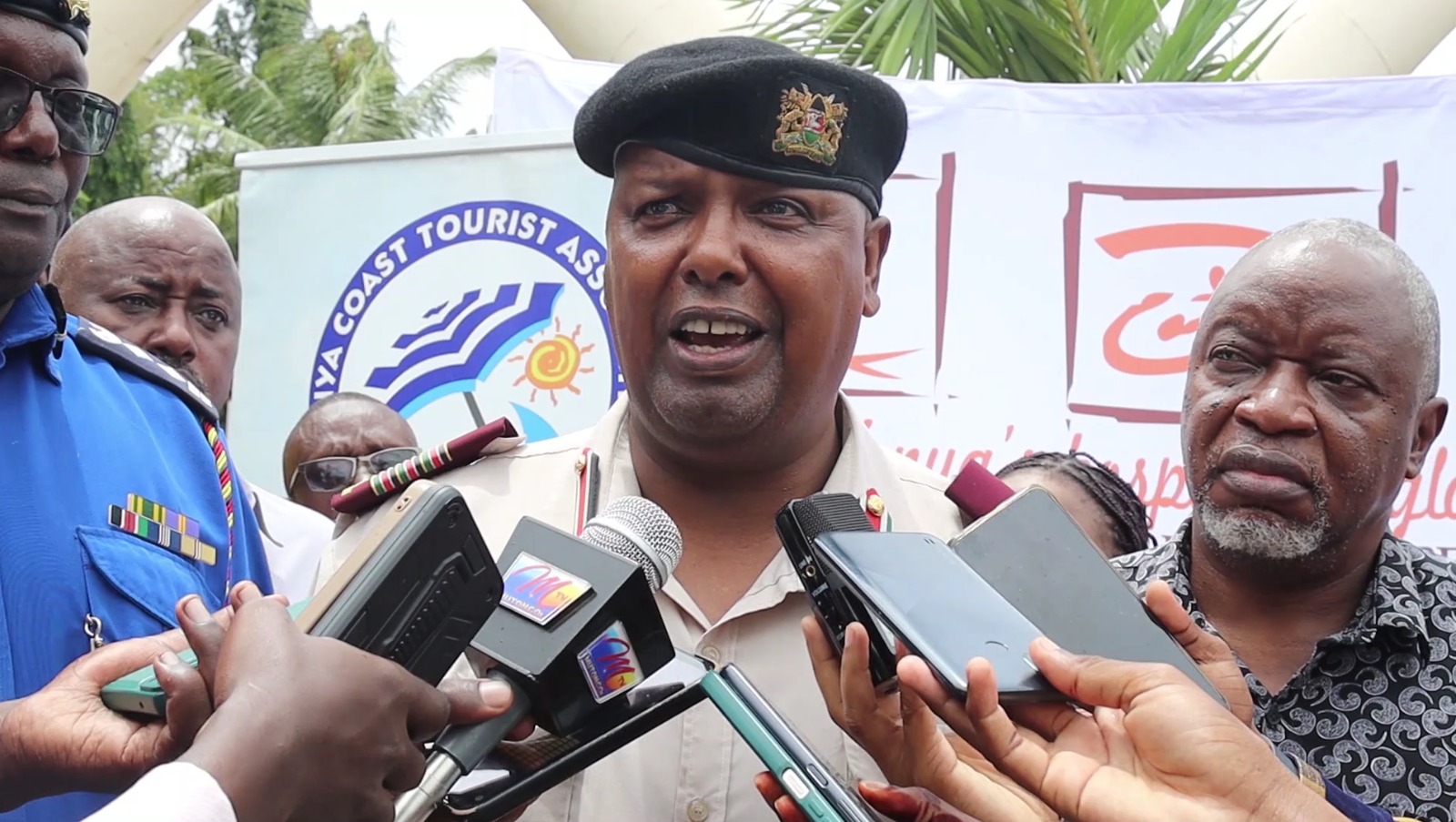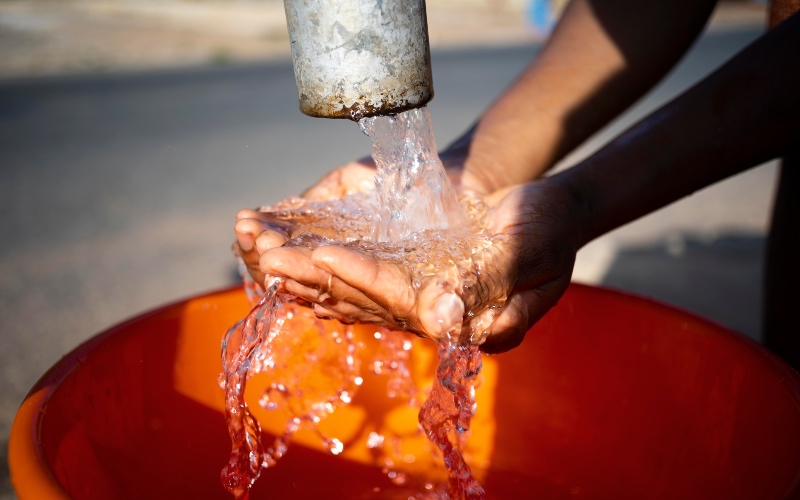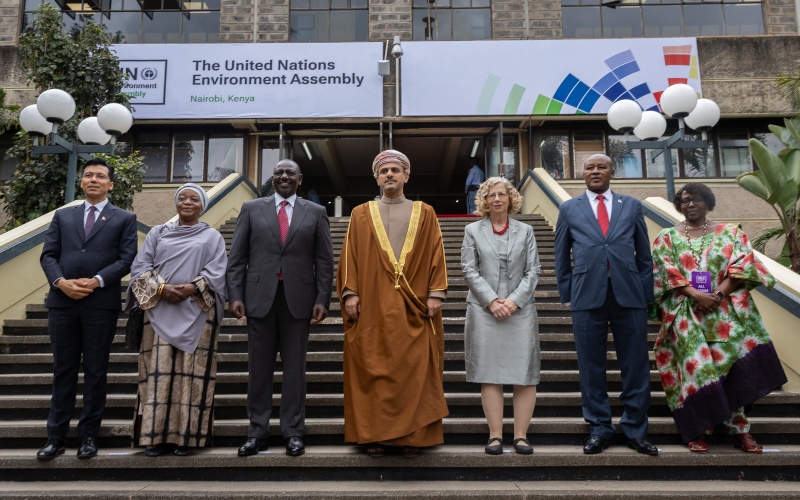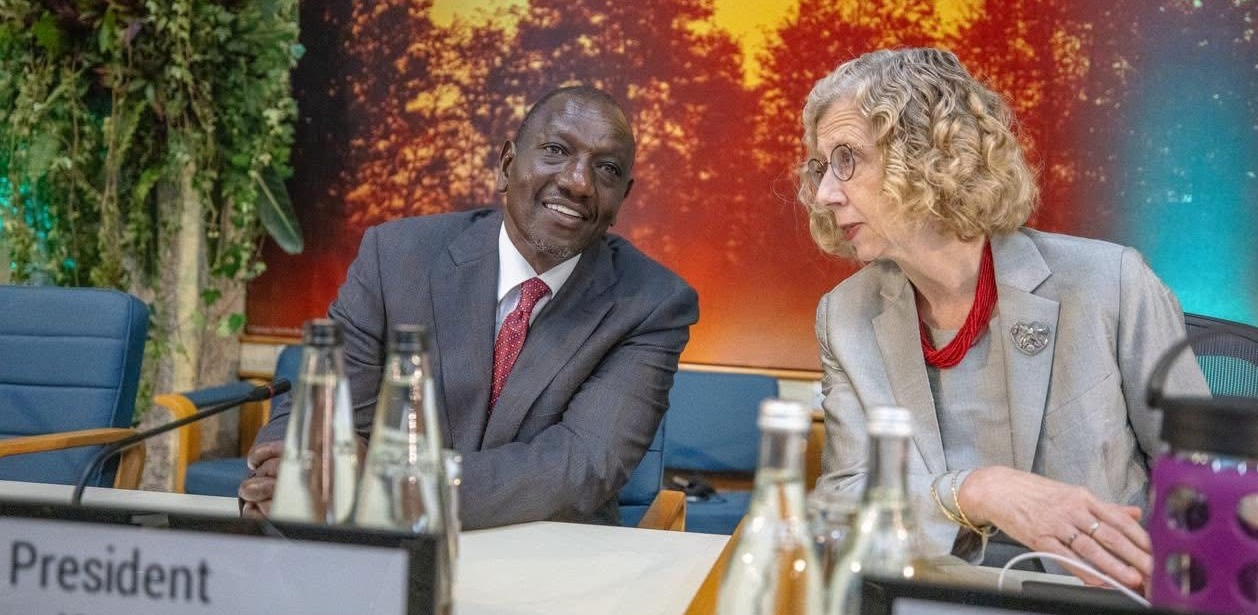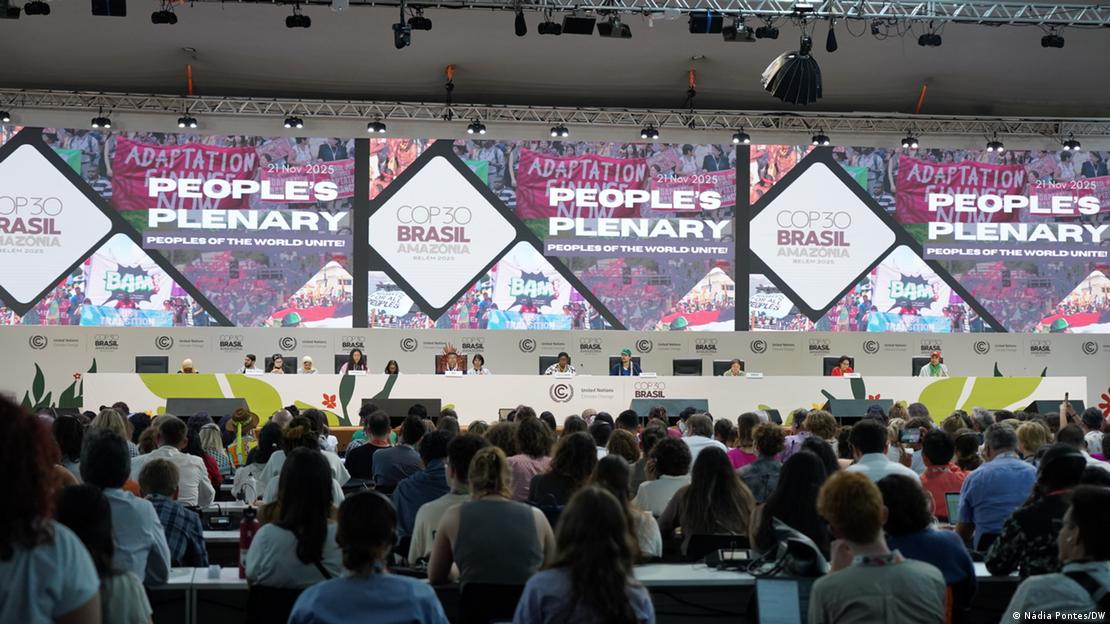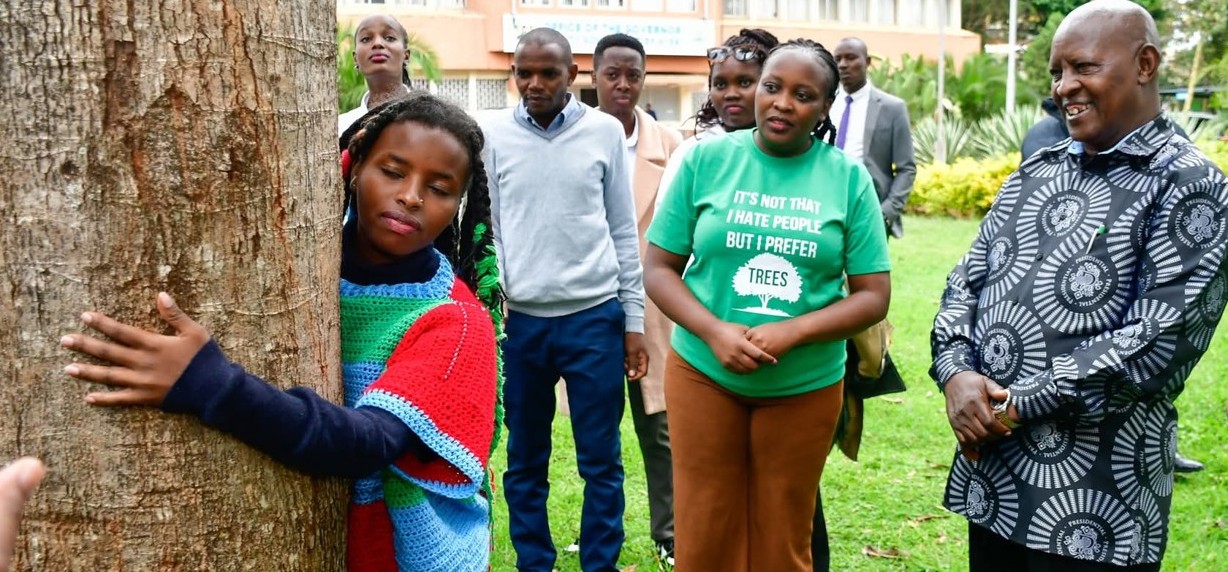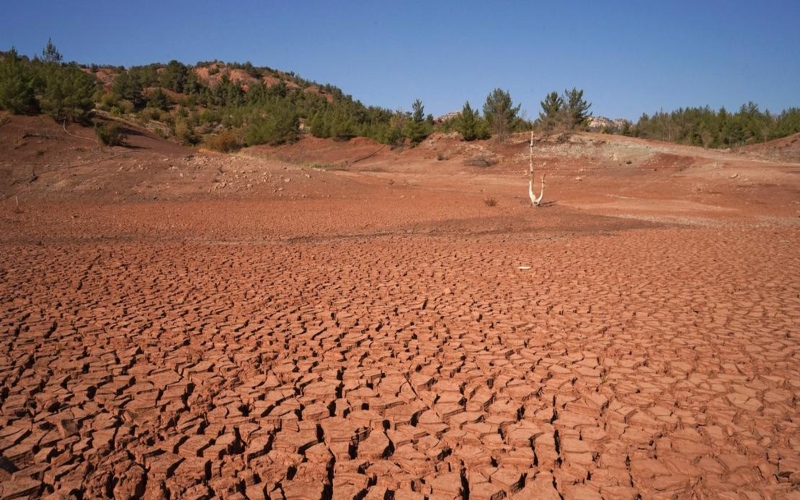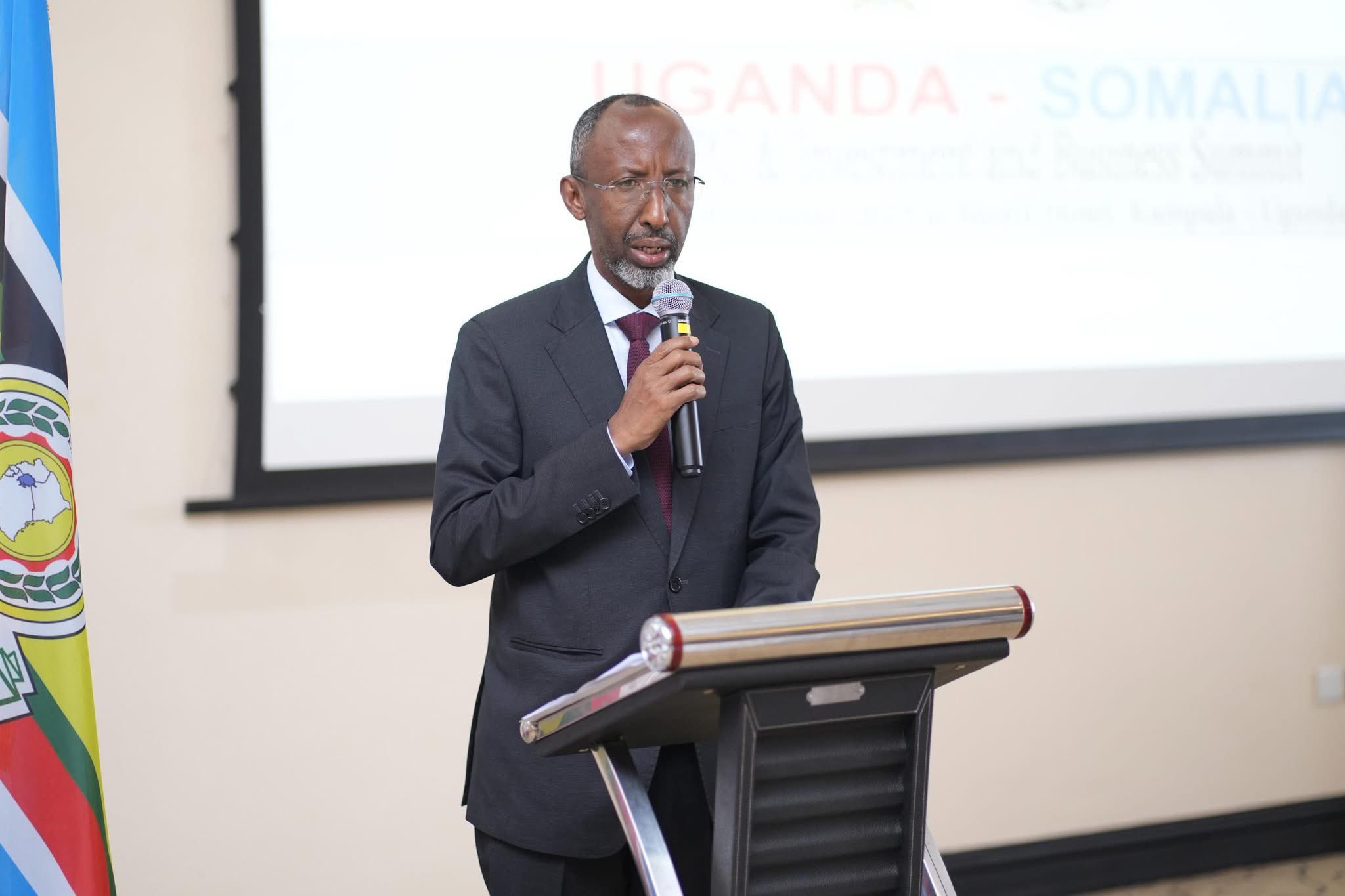Climate Change
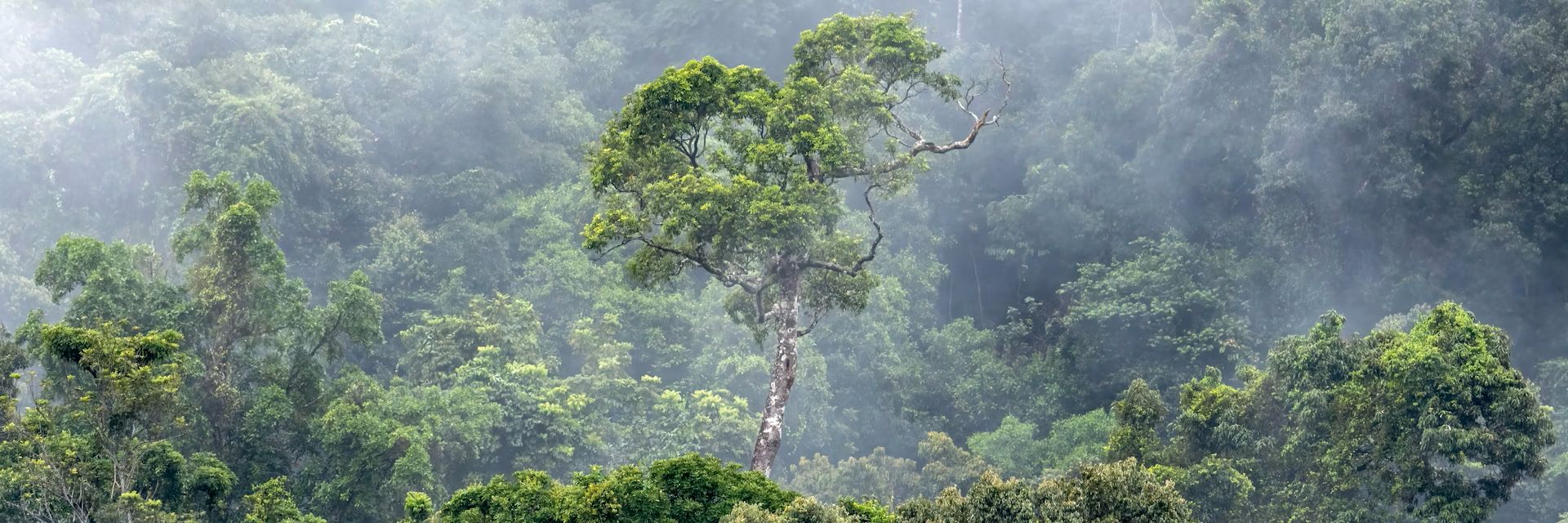
After failing to secure consensus, COP president Andre Corrêa do Lago announced these roadmaps as a voluntary initiative. Brazil will report back on progress at next year’s UN climate summit, COP31, when it hands the presidency to Turkey and Australia chairs the negotiations.

Overall, the ruling shows that misleading “green” or “carbon-neutral” claims could lead to legal action in African courts.

The proposed legislation requires the construction of recycling centres on at least 30 acres, with a safety buffer of no less than five acres from residential or commercial properties.
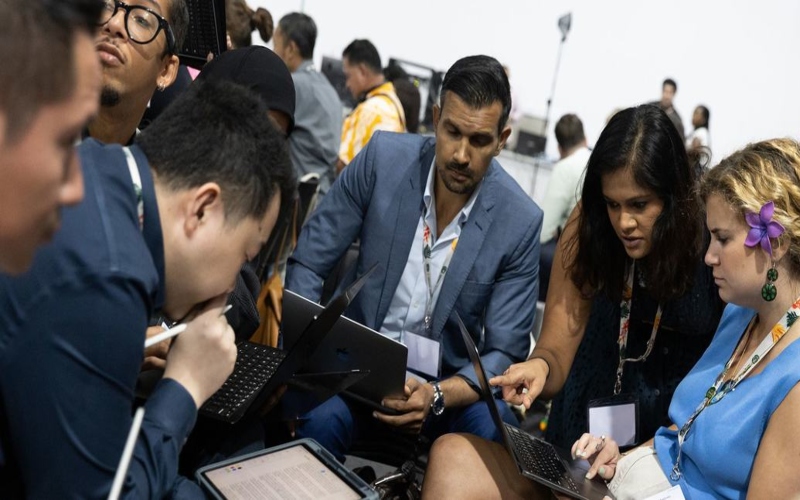
With the planet heating at record speed and climate disasters intensifying, cutting emissions and adapting to impacts dominate the agenda.
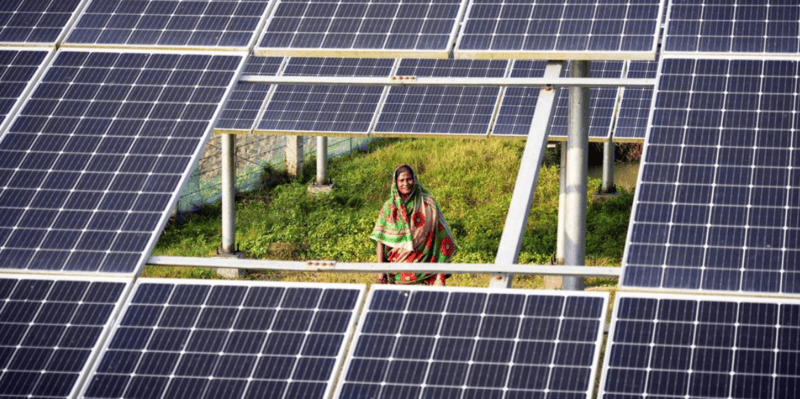
As part of the COP30 Action Agenda, the pledge seeks to provide political backing and strengthen international cooperation to reach the 2035 target, using 2024 levels as the benchmark.

As delegates negotiate new climate commitments at COP30, the Index’s findings signal an urgent need for stronger political will and accelerated implementation.
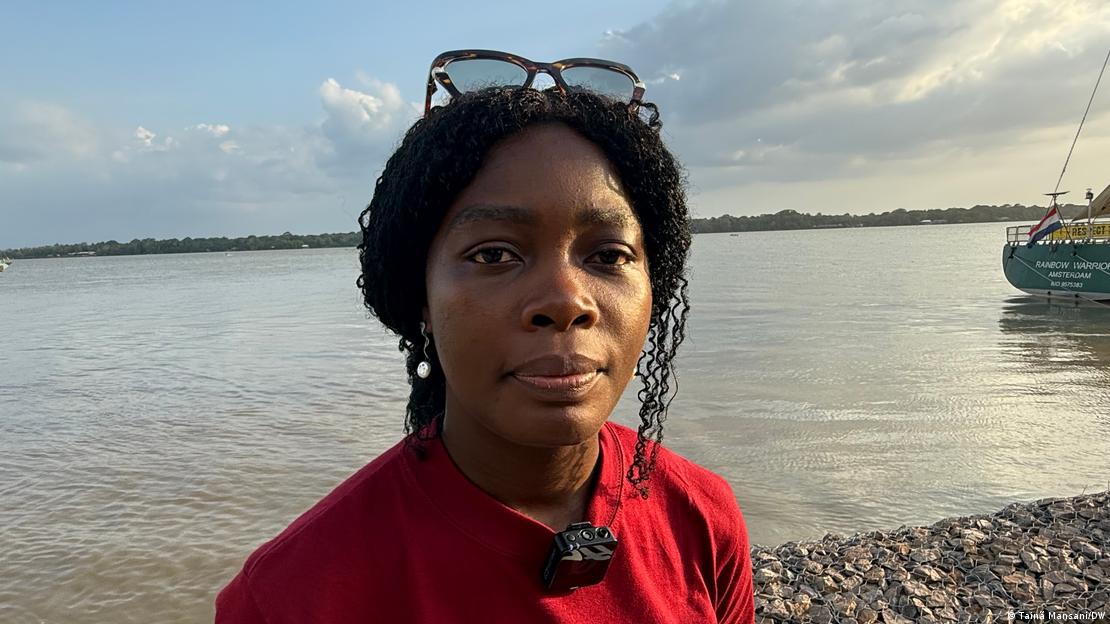
While COP30 negotiators refined official climate goals, the People's Summit exposed injustices and demanded reparations, with hundreds of organisations, movements and networks from Brazil and abroad.
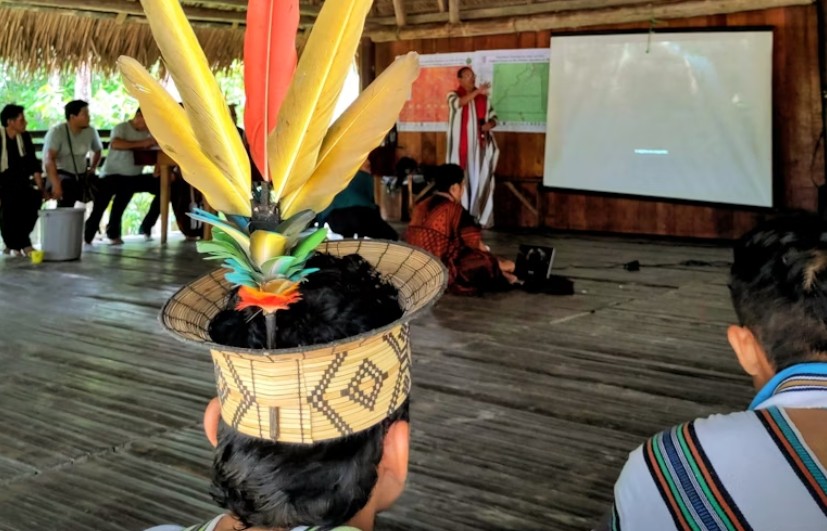
For climate finance to be successful, Indigenous communities must be able to adapt funding schemes to their own sharing and decision-making traditions. This local agency helps prevent redistributive tensions and makes initiatives more sustainable.
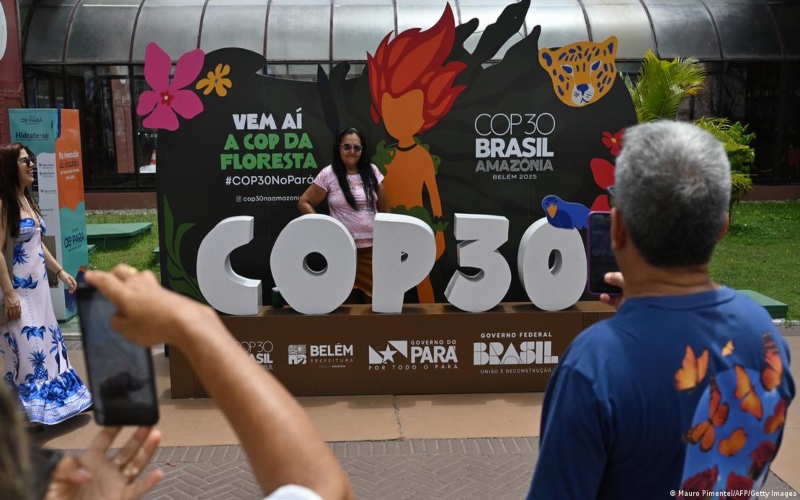
COP30 CEO Ana Toni said delivering on global goals for tripling renewable energy and doubling energy efficiency by 2030 will only be possible if grids keep pace.
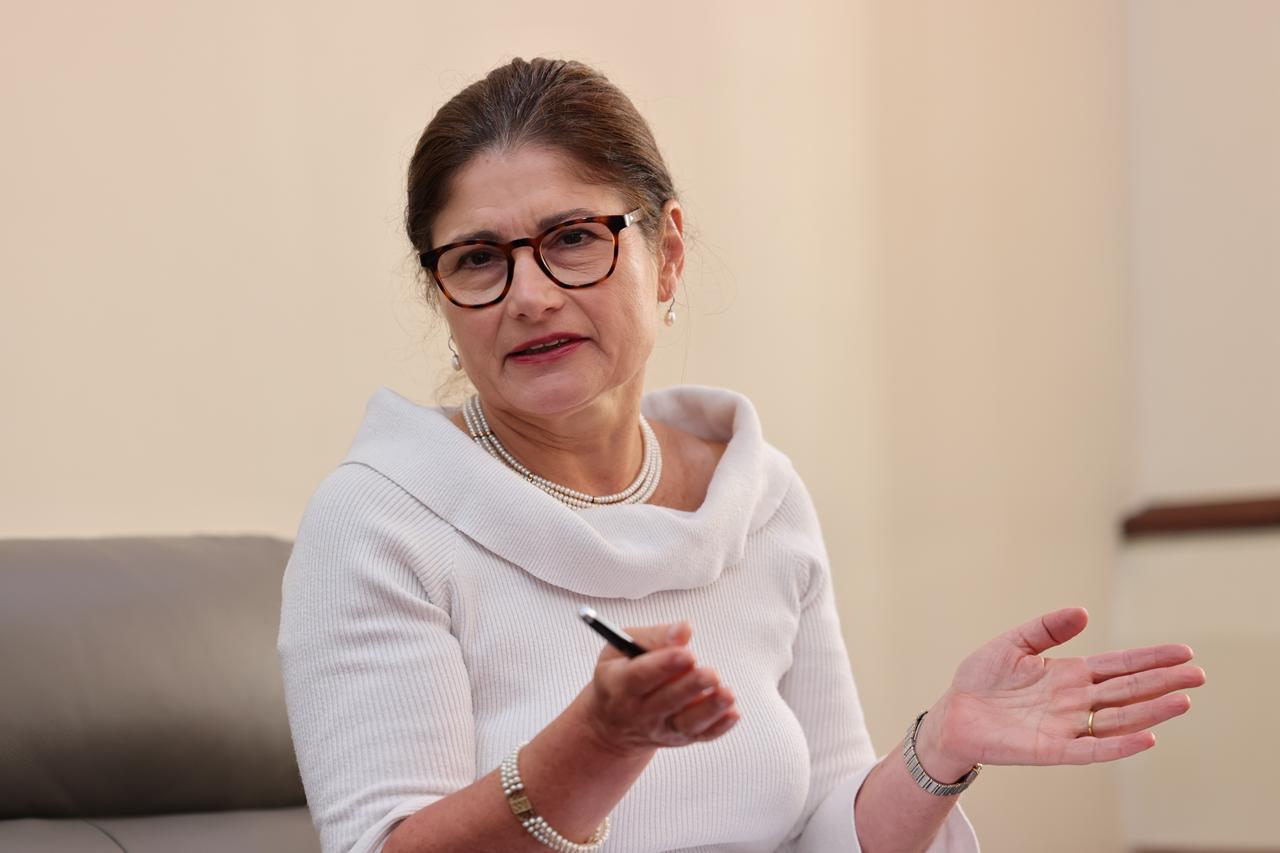
One of the agreements under the new deal involves Sh600 million for developing a robust measurement, reporting, and verification (MRV) system for Kenya’s Nationally Determined Contribution.
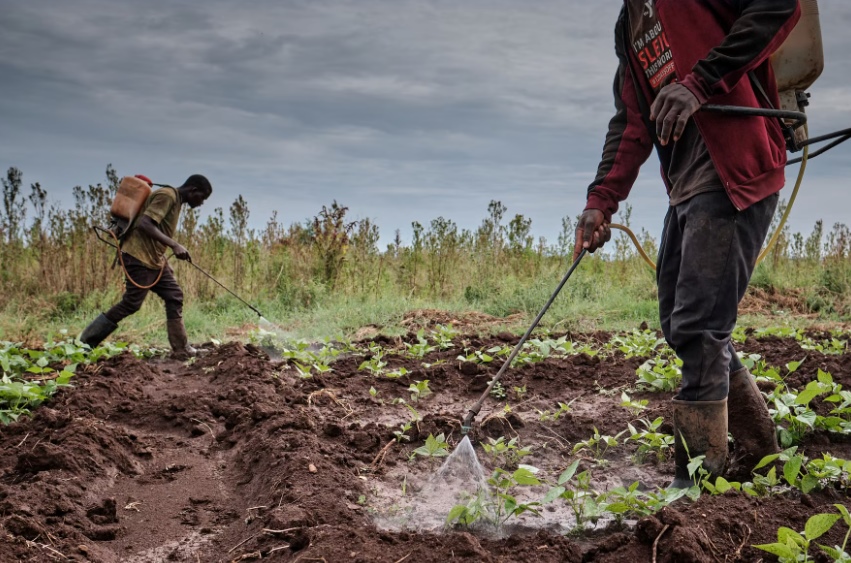
In Djibouti, Ethiopia, Kenya and Somalia, this is already happening. Pastoralists there can now access index-based livestock insurance through the DRIVE programme. This is a US$360.5 million project funded by the World Bank and other organisations, which hopes to connect over 1.6 million pastoralists to insurance.
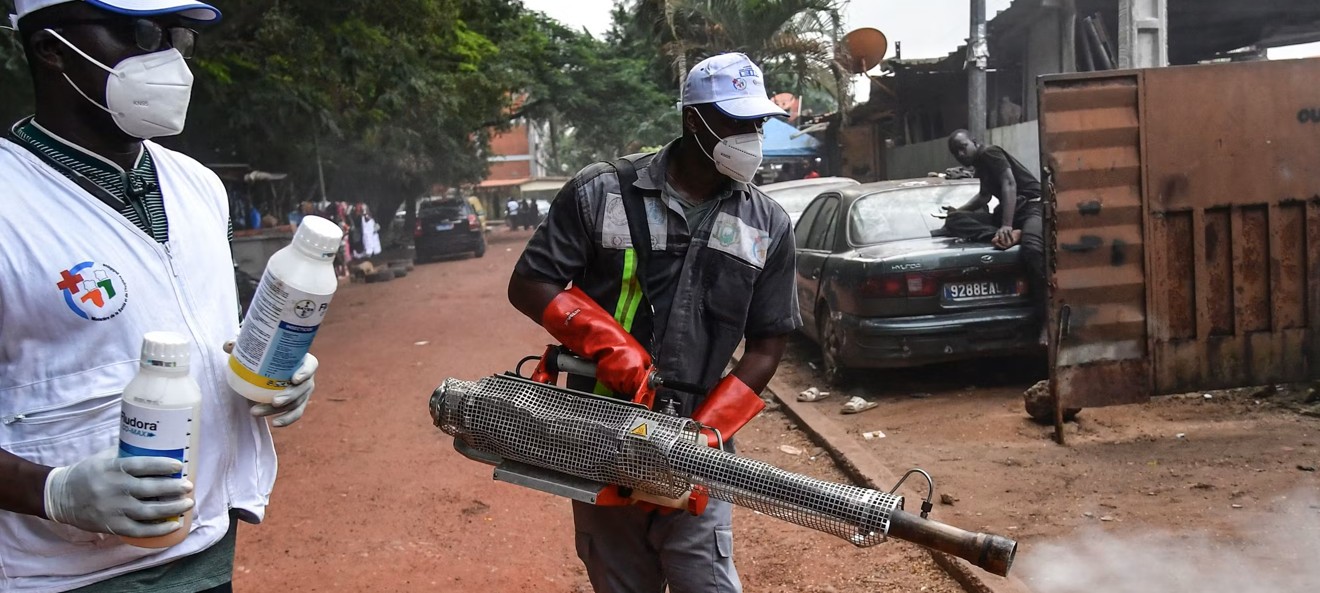
Experts call for urgent action as warming climates help diseases like dengue and chikungunya spread into new territories.
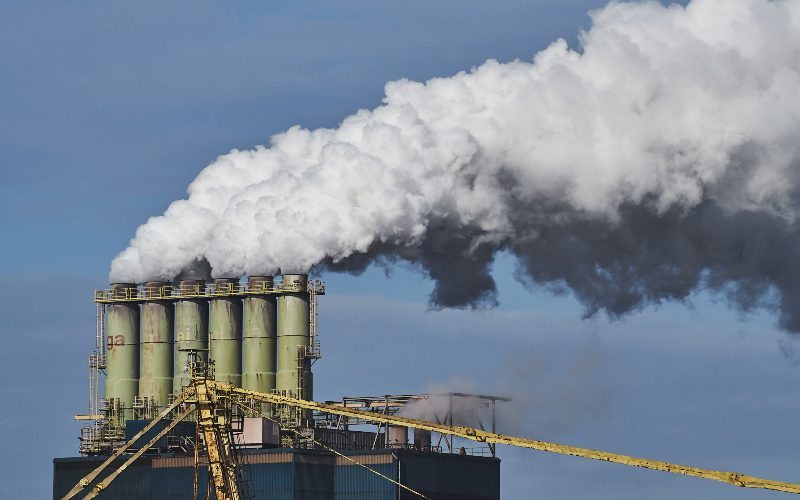
The Global Carbon Budget report looks at CO2 emissions and relates the figures to the thresholds set out in the 2015 Paris Agreement. The study has been published amid the backdrop of the COP30 summit.

Some of the protesters waved flags and chanted, while others held slogans calling for land rights or carried signs saying, "Our land is not for sale."

A new UNEP report warns that by 2050, global demand for cooling could triple, causing greenhouse gas emissions to nearly double if no action is taken.
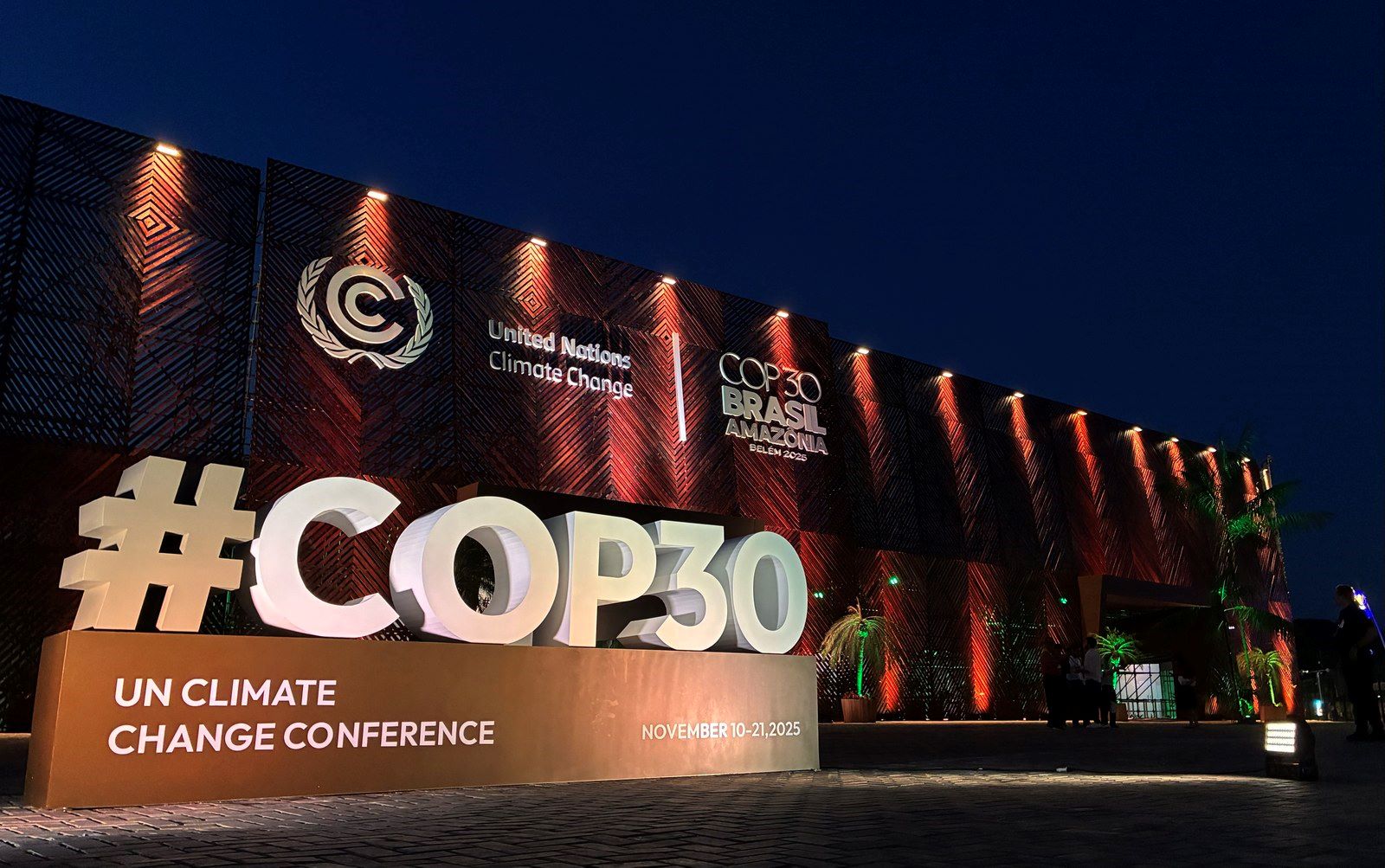
The declaration also pushes for increasing total global climate finance to at least $1.3 trillion per year by 2035, emphasising food security and poverty reduction as central pillars of funding strategies.

As world leaders gather in Belém, African farmers and youth push for real climate finance, soil restoration, and jobs that can turn promises into progress.
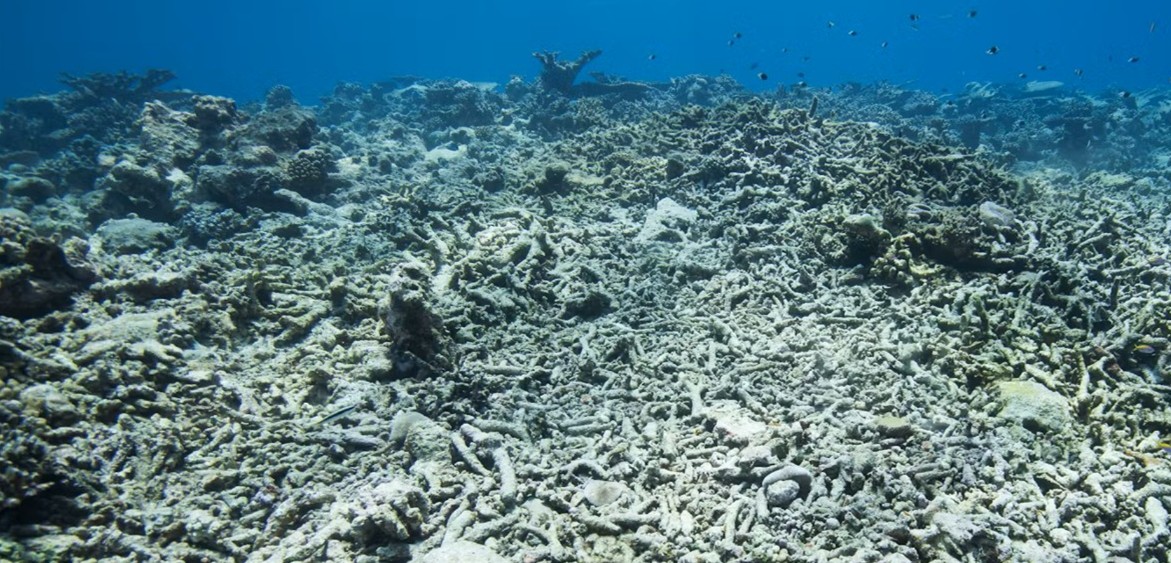
The International Court of Justice recently ruled that world leaders must take immediate action, on a level that hasn’t been seen before, to prevent climate change.

The framework aims to ensure that payouts are timely, transparent and scientifically grounded, protecting smallholder farmers and pastoralists from recurrent droughts and floods.
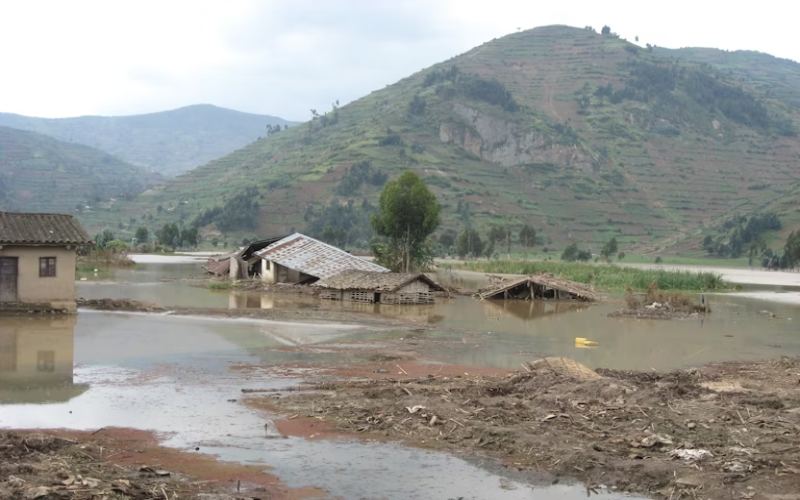
The continent’s negotiators must push for governments, investors and development partners to invest in African nature-based solutions. Most importantly, local people and small farmers who are directly affected by climate change should be able to access climate finance directly.
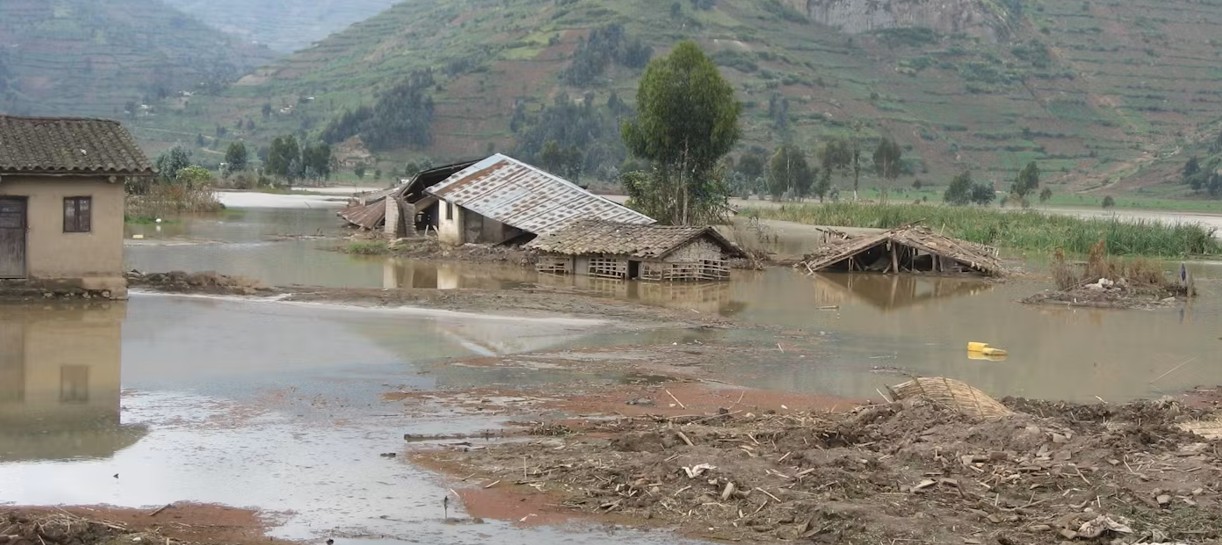
Forest ecosystems such as the Congo Basin, the Guinean forests and Africa’s dryland forests are disappearing rapidly.
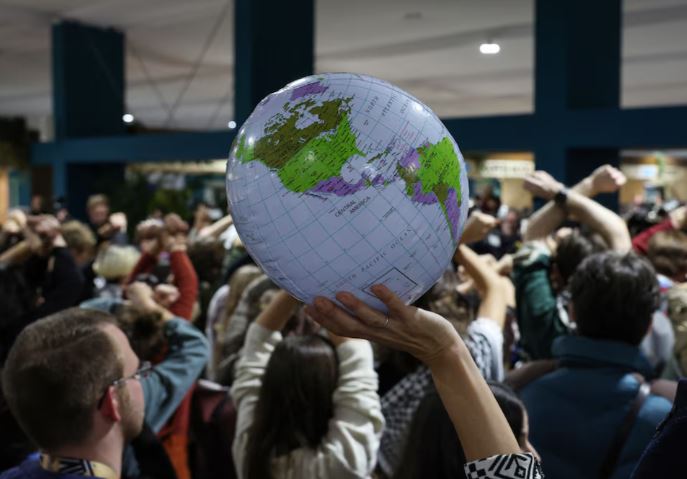
The report reveals that only 2.8 per cent of multilateral climate finance aimed at reducing emissions has been used for projects that support a just transition.
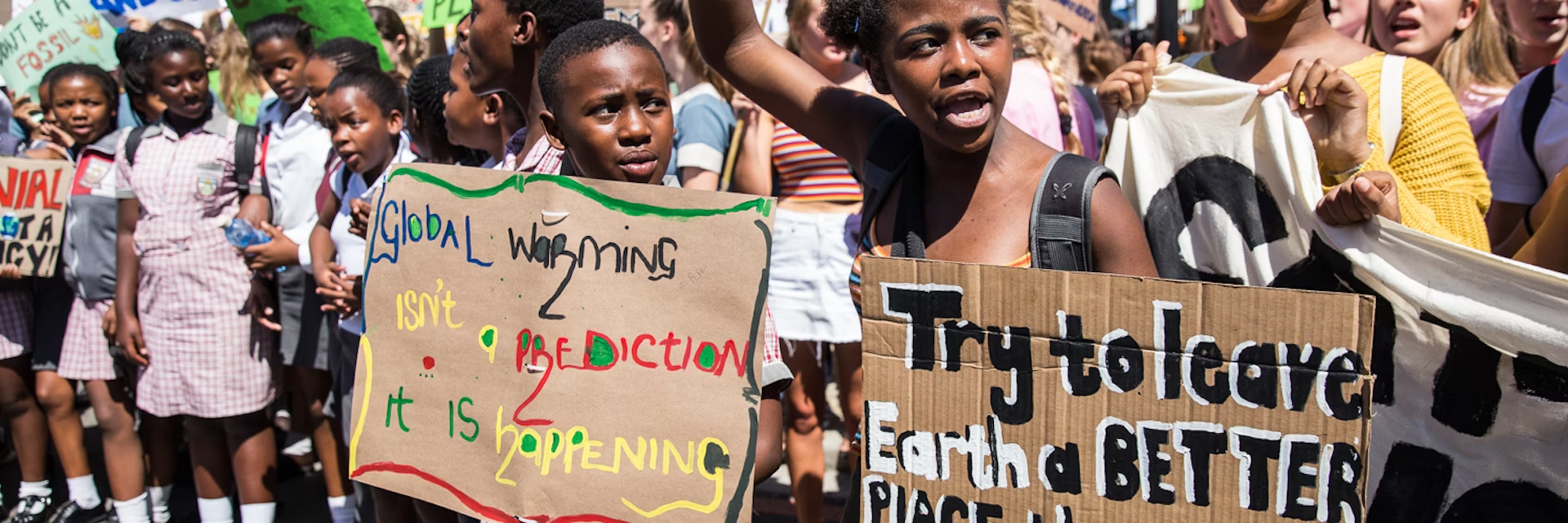
Young people from all over the world face obstacles in accessing and participating in the COP conferences. For example, many have experienced logistical challenges with travel, accommodation, vaccine and visa arrangements and costs. For some, this meant they could not attend.

With its 262,000 volunteers and 700 staff across 47 branches, KRCS has been providing cash and food assistance, clean water, and emergency healthcare to affected communities.
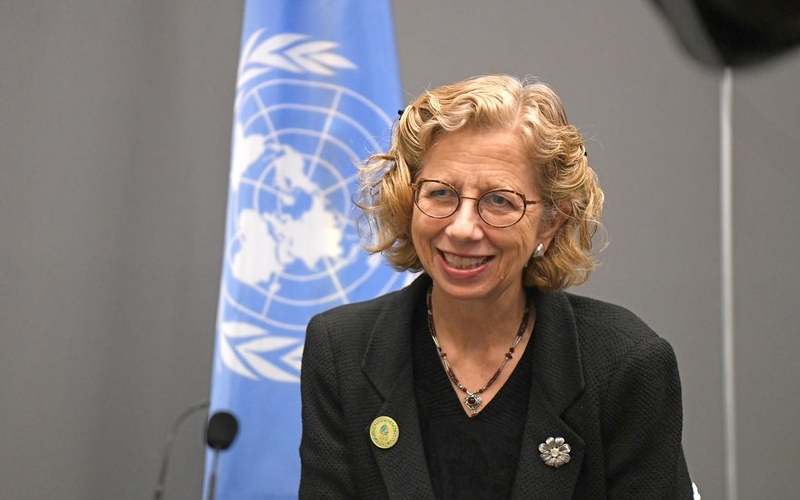
The world is "very likely" to surpass the 1.5°C threshold within the next decade, a point scientists say could trigger irreversible damage to the planet.
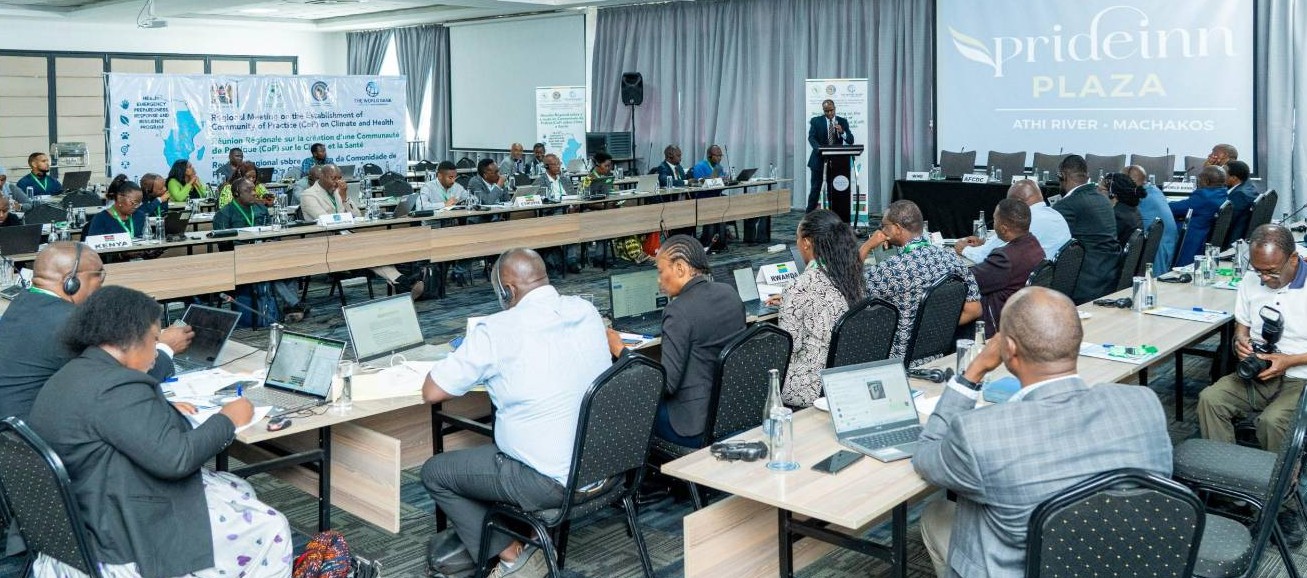
Kenya and eight partner countries are embedding climate resilience into their health systems through a World Bank–funded regional programme aimed at curbing disease outbreaks, protecting vulnerable communities, and keeping essential services running during climate shocks.

It is not the sole responsibility of scientists or policymakers to fight pollution. It belongs to everyone willing to pick up a ball – or a bottle – and make a difference.
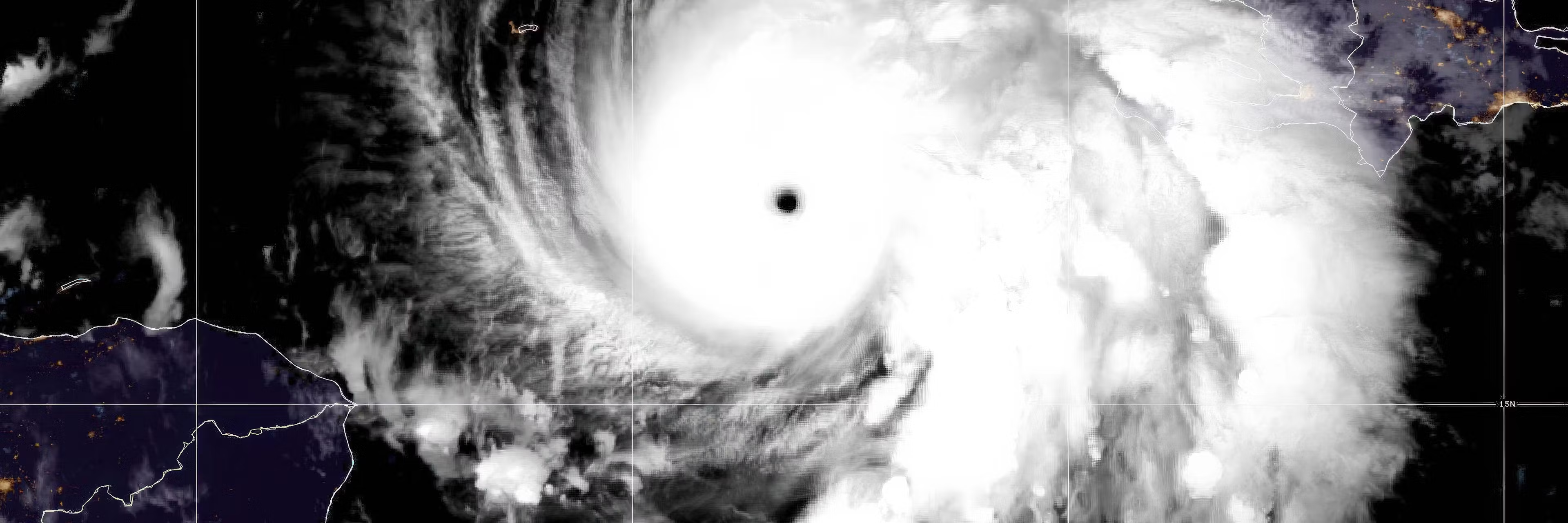
What makes Melissa so alarming isn’t just its size and strength, but the speed with which it became so powerful. In a single day, it exploded from a moderate storm into a major hurricane with 170mph winds.
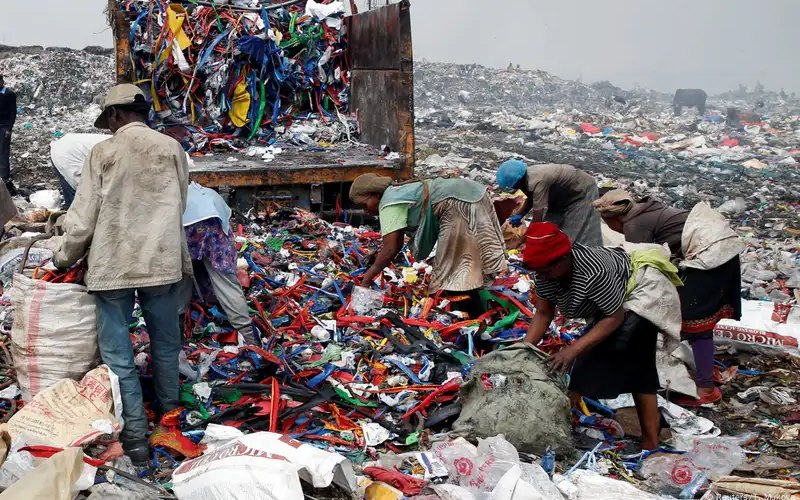
Global warming is primarily driven by coal, oil, and gas, which together account for nearly 68 per cent of greenhouse gas emissions worldwide.
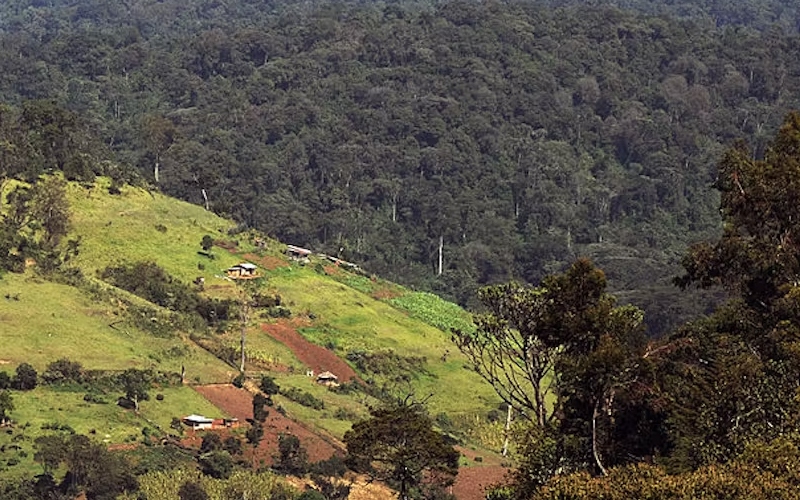
The Mau Forest Complex is one of Kenya’s five major water towers, supporting rivers, agriculture, and communities across the Rift Valley, Western, and Nyanza regions.
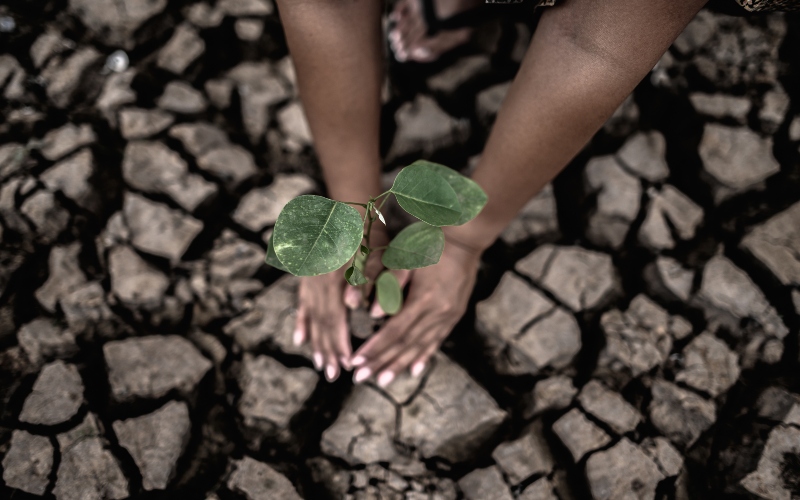
While many nations are improving their climate adaptation plans, UNEP warns that the funding gap continues to widen at an alarming rate.
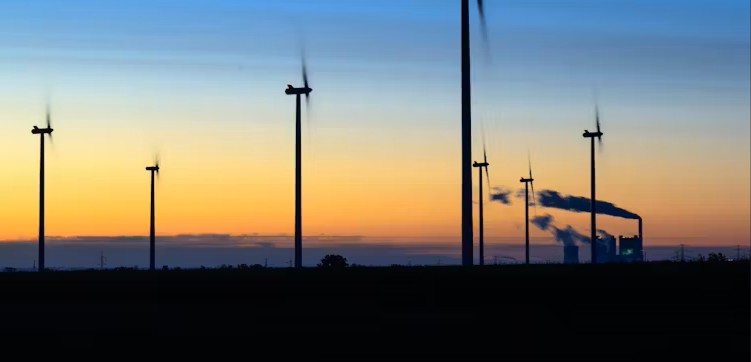
Thirty years into global climate talks, the disconnect between promises and practices has never been so clear. The world is not on track to meet the Paris temperature goals, and the persistence of fossil fuels is a major reason why.
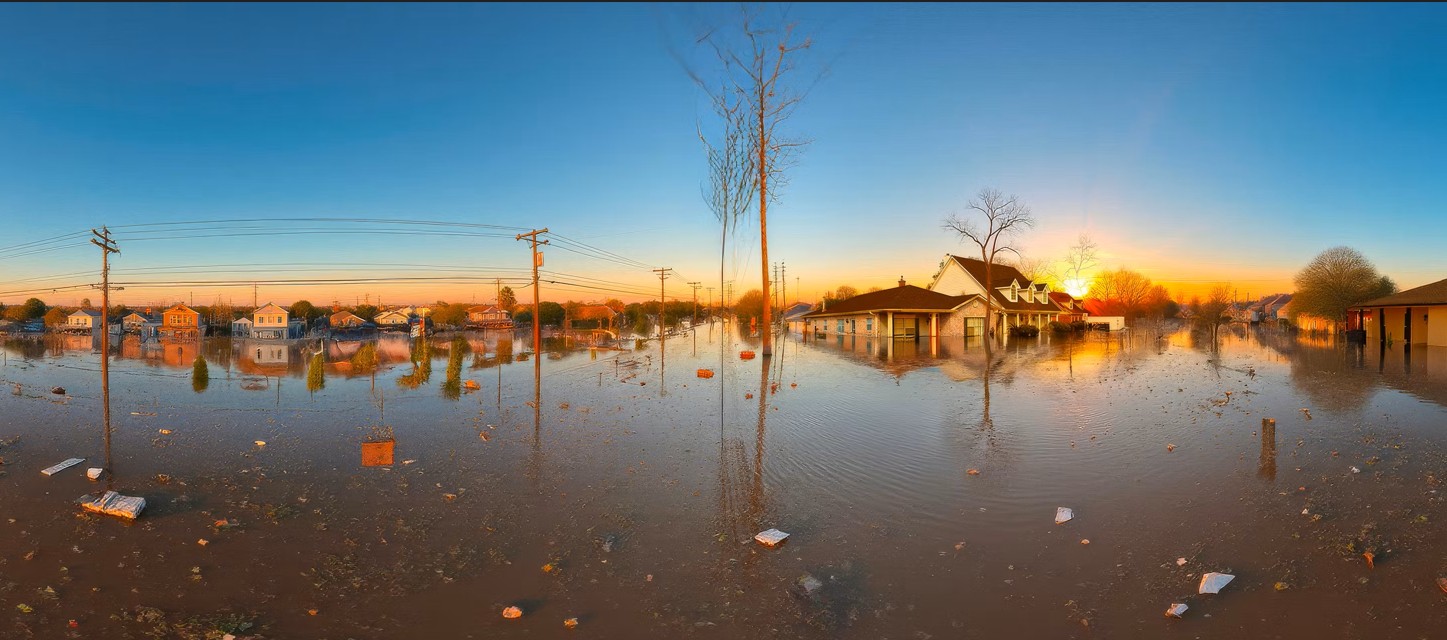
A game called The Flood Recovery Game is being used by researchers to identify disaster recovery gaps. It can also help policymakers create more comprehensive strategies to address flooding.

The annual growth rate of CO₂ in the atmosphere tripled compared to the 1960s, reaching an alarming 3.5 parts per million (ppm) between 2023 and 2024, the largest one-year increase since modern records began in 1957.
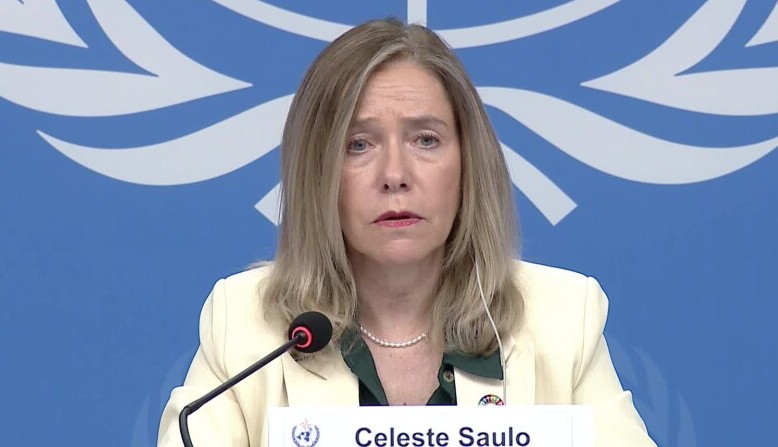
The WMO warns that millions remain unprotected from intensifying weather and climate disasters, urging governments and the private sector to close critical gaps in early warning systems, invest in technology, and ensure no community is left behind.
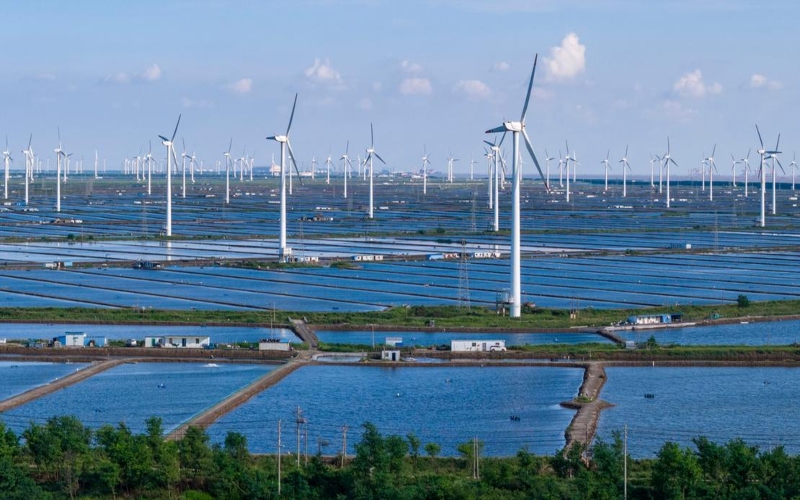
In the first half of 2025, more electricity was generated from green sources than from coal. Solar and wind capacities are growing at a faster pace than global electricity demand, according to new research.
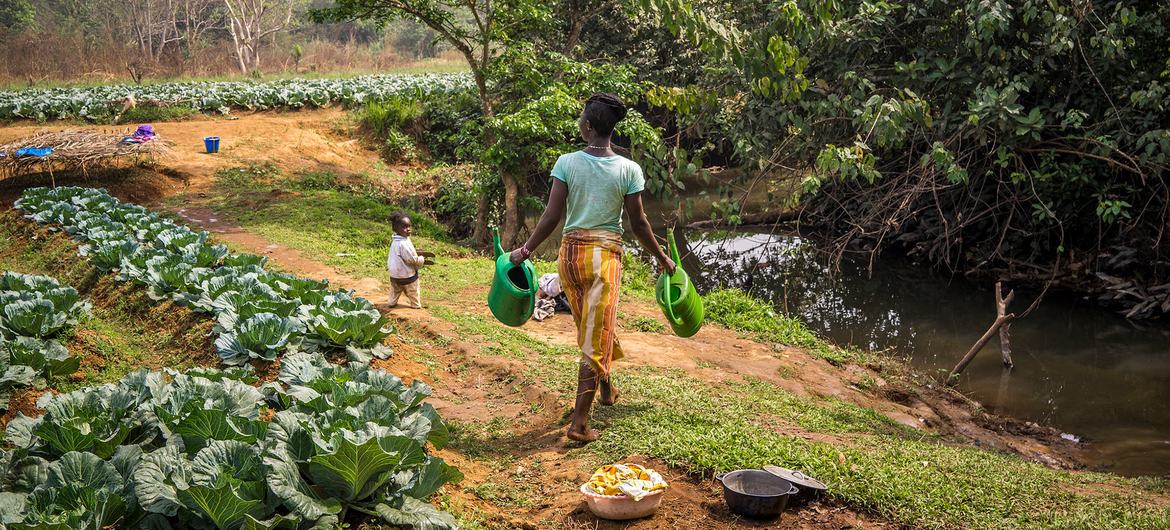
Ahead of World Food Day, marked annually on October 16, their stories reflect a global movement toward healthier, more equitable agrifood systems.
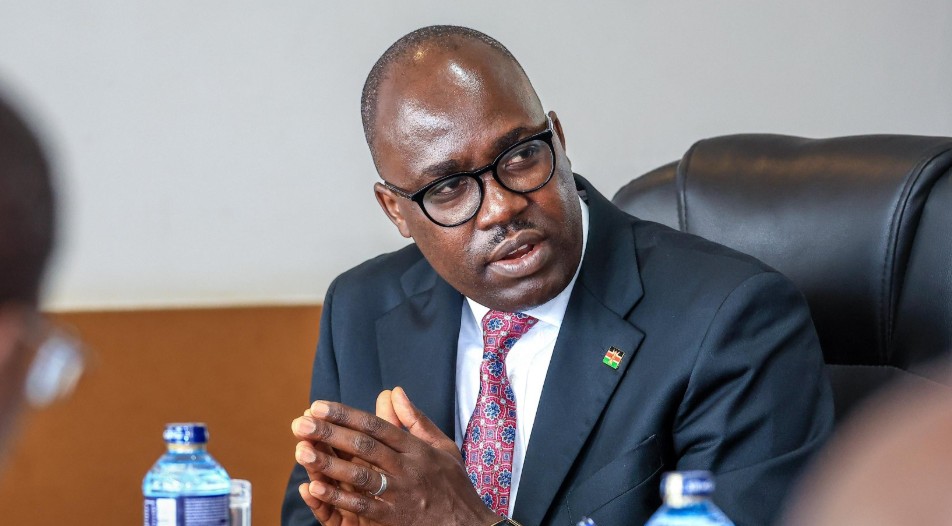
Host Country Status allows GCA to operate its regional office with specific privileges, including tax exemptions on goods necessary for its operations, legal protection for actions taken in good faith, and work permits for internationally recruited staff.

Notably, Kenya ranked second in the inaugural Index rankings, with a score of 70.8, just behind Zimbabwe, which topped the list at 71.5.
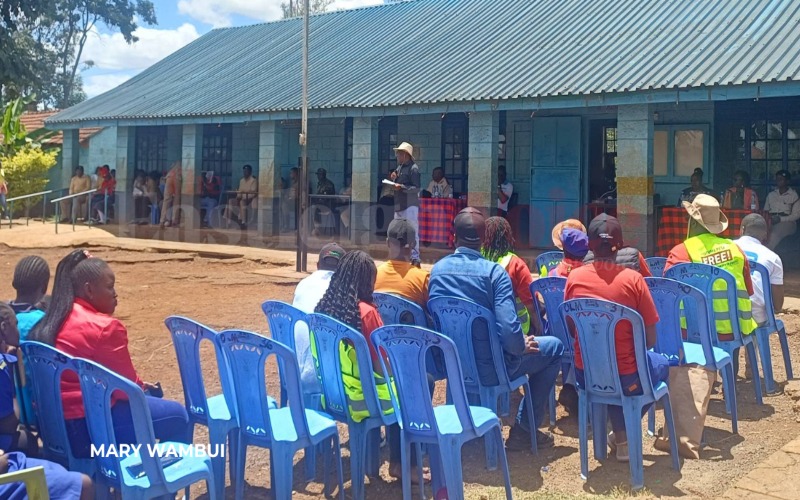
At Our Lady of Mercy Primary School in Shauri Moyo, where Trade Principal Secretary Regina Akoth Ombam was scheduled to join the exercise, at least 1,000 tree seedlings were planted.
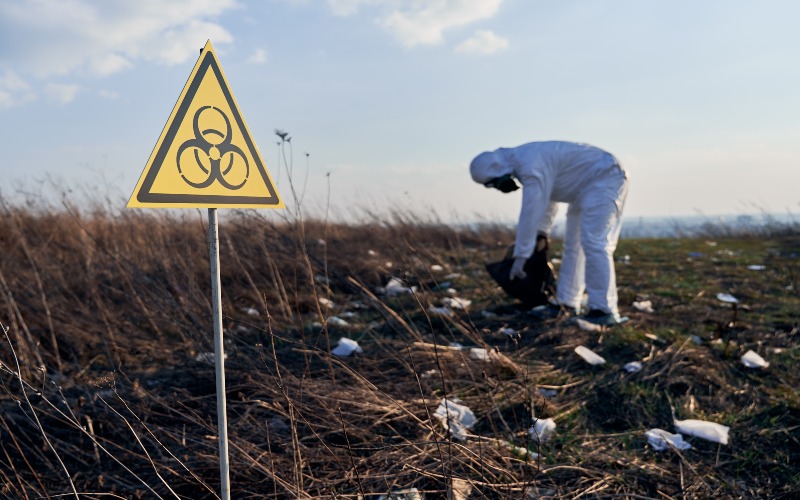
The initiative is designed to support nations in implementing practical solutions that protect health and the environment.
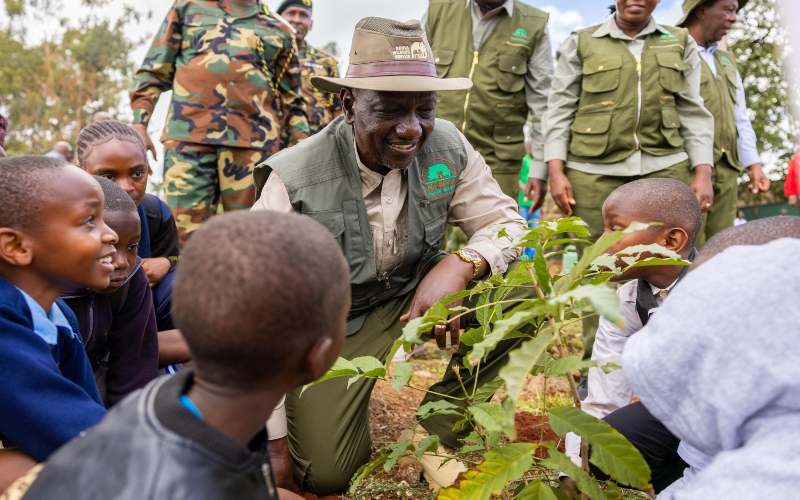
The initiative is part of a wider national strategy linking environmental conservation to food security. President Ruto explained that Kenya has relied heavily on imported food because domestic production has not met demand.
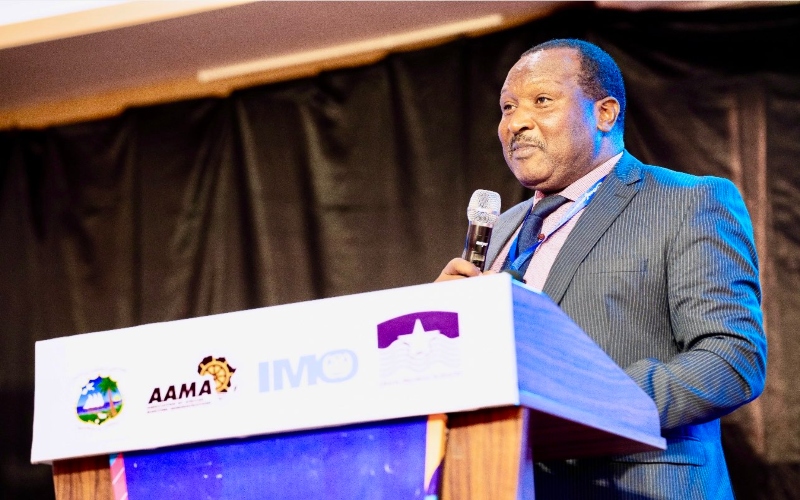
KMA Director General Justus Nyarandi warned that the continent’s limited ownership of commercial vessels forces African nations to spend billions on freight costs to foreign shipping companies each year.
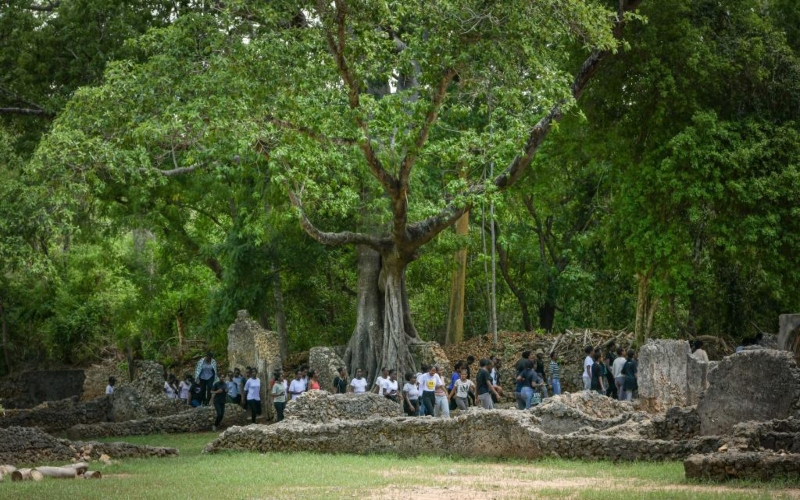
IUCN warns that climate change accelerates the spread of invasive species and disease, creating compounded risks for key ecosystems.

The tree-planting initiative will largely focus on schools, with 71.1 million fruit trees expected to be planted in 35,570 public and private primary schools.
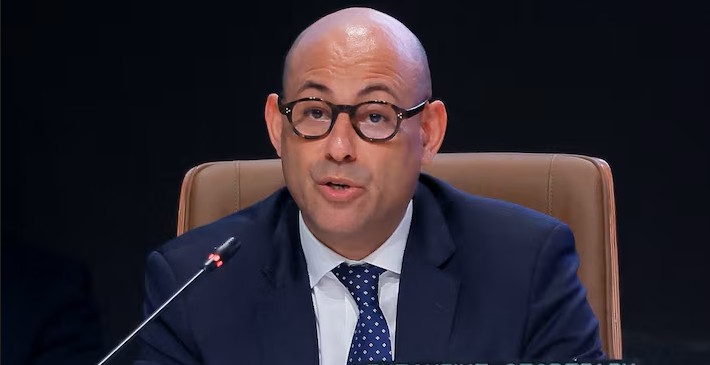
The warning comes ahead of a series of high-stakes climate and development gatherings in New York this September, including the United Nations General Assembly, the World Economic Forum’s Sustainable Development Impact Meetings, and Climate Week NYC.

The programme forms part of President William Ruto’s 15 Billion Tree Growing Campaign, which the Environment CS described as “a social contract and a moral obligation".
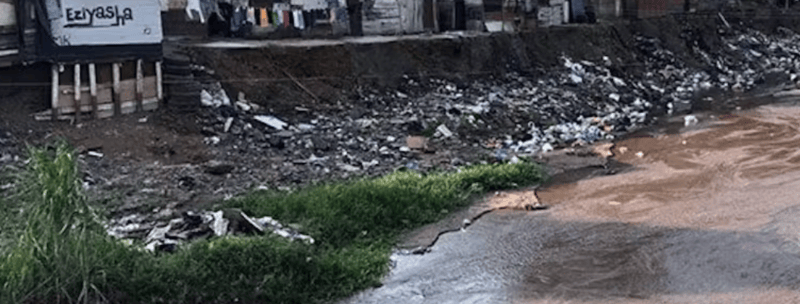
Cities need new ways to adapt to climate change. The current system of social, economic and political structures that cities are based on is built on a market-led capitalist model and globalisation.
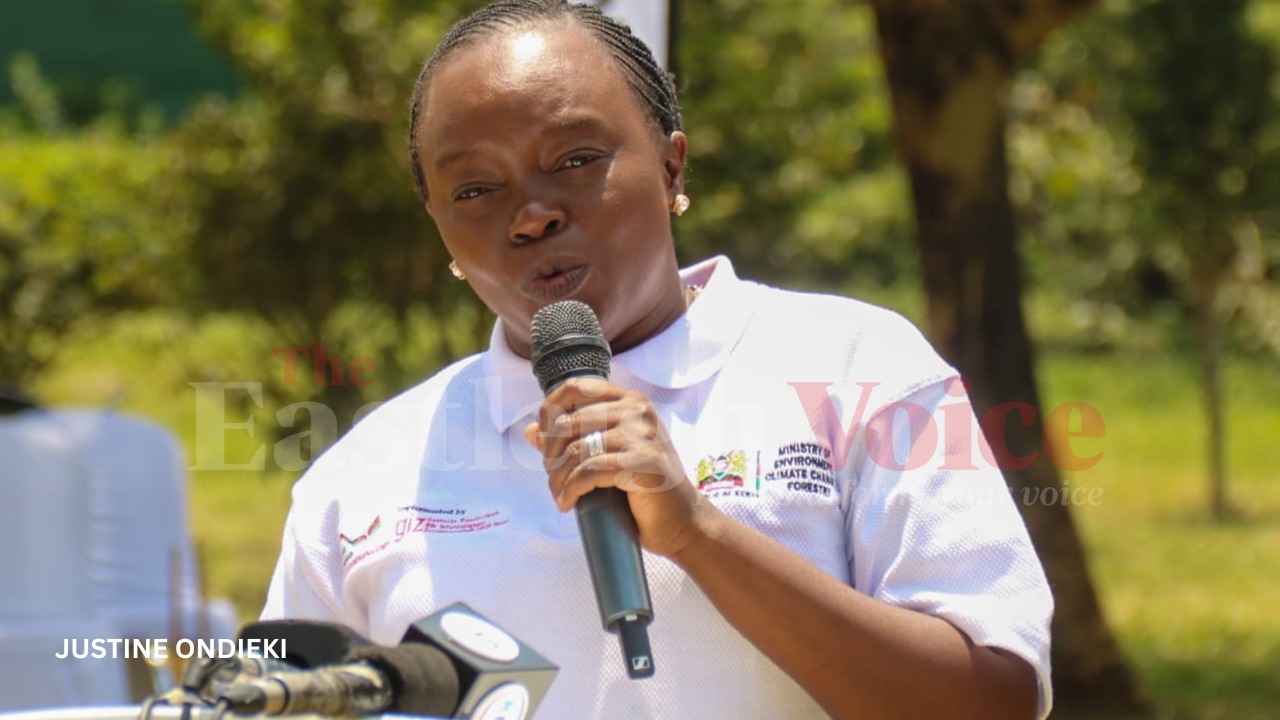
The day underscored the ozone layer’s critical role in shielding life on Earth from harmful solar radiation, while the park itself highlighted how the rehabilitation of green spaces can transform urban crime hotspots into safe community havens.
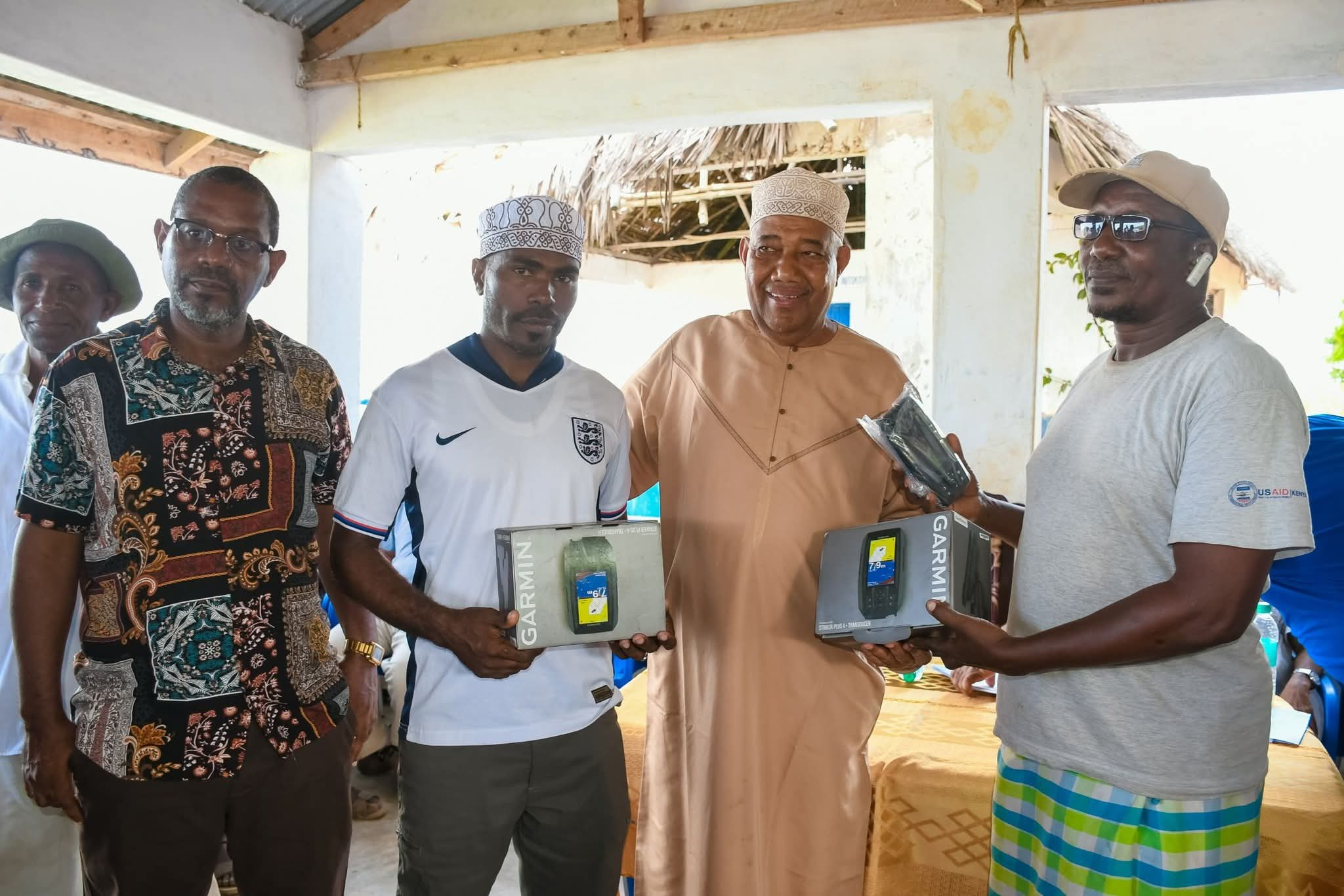
Rising sea temperatures and unpredictable weather patterns are being blamed for pushing fish into deeper waters and disrupting traditional fishing grounds.
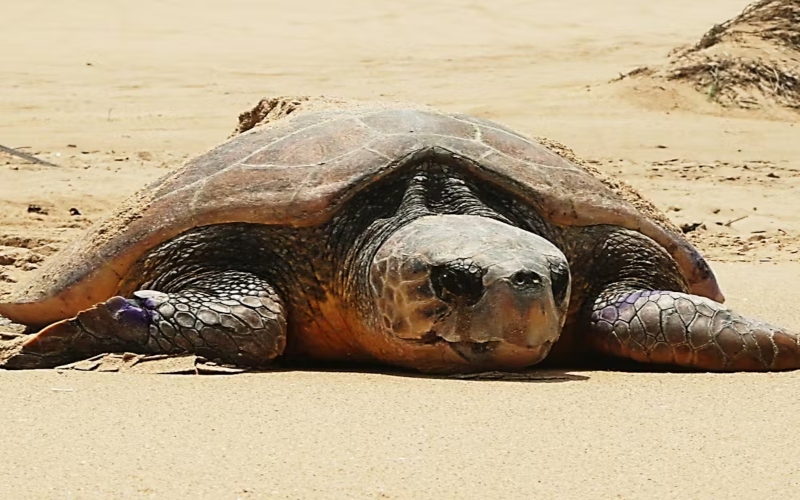
There were three distinct dispersal corridors: among equatorial Indian Ocean islands (hawksbills); along east Africa (green turtles); and around southern Africa (loggerheads and leatherbacks).
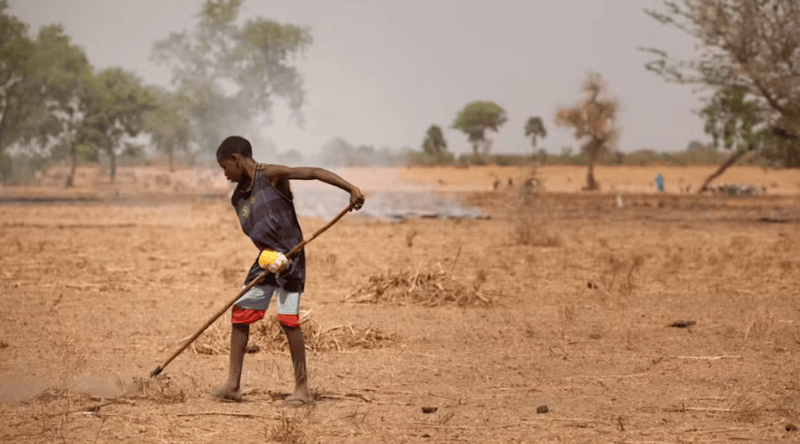
According to the World Meteorological Organisation, temperatures in Africa are increasing faster than the global average. Recent estimates suggest that losses due to heat alone amounted to 8 per cent of GDP in much of Africa between 1992 and 2013.
Trending
